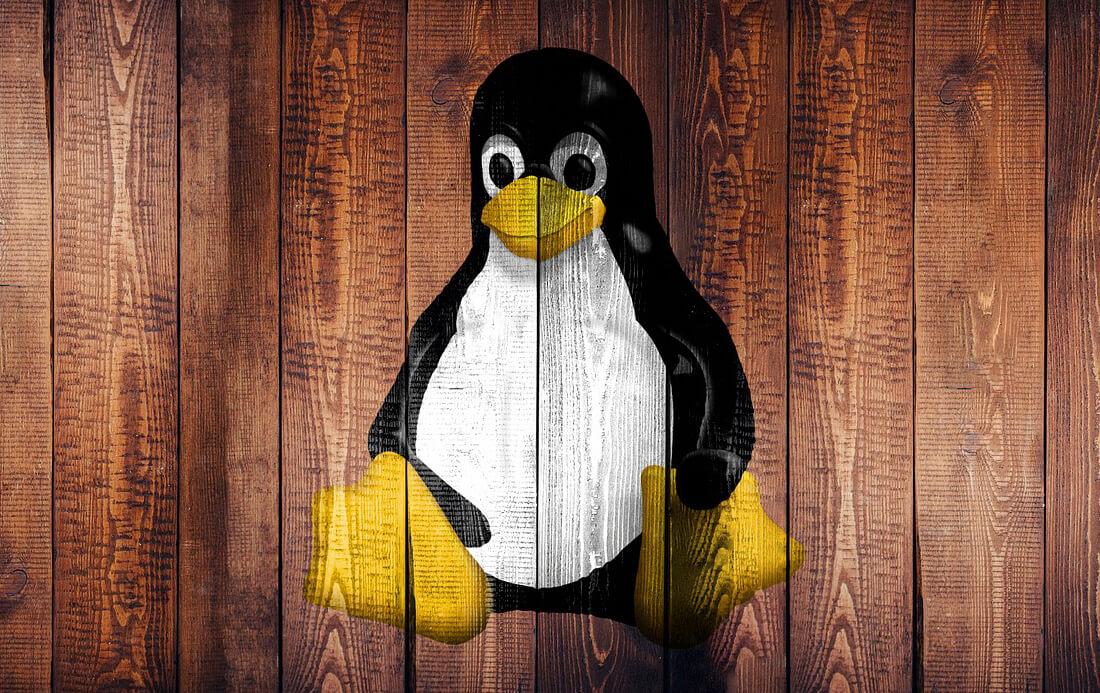Linus Torvalds Addresses Malicious Developers, Hardware Errors and More at Open Source Summit

At The Linux Foundation's Open Source Summit North America, Linus Torvalds, the creator of Linux, discussed various topics related to Linux development and the challenges the open-source community faces. Torvalds addressed hardware errors, malicious developers, and the hype surrounding Artificial Intelligence (AI).
This analysis explores the implications of Torvalds' statements and their impact on Linux administrators, infosec professionals, internet security enthusiasts, and sysadmins.
What Critical Points Did Linus Torvalds Address at the Open Source Summit?
 One of the intriguing points raised by Torvalds is the issue of hardware errors and the slow response from hardware manufacturers. He expressed frustration about the time it takes for hardware fixes to be implemented, stating, "We have five generations of hardware that we can't fix after the fact, and it will take another couple of years before the actual new hardware [arrives] that can help you work around the problem." This raises questions about the long-term consequences of relying on hardware solutions that cannot be easily updated or patched. It also highlights the importance of proactive hardware design and development to prevent security vulnerabilities.
One of the intriguing points raised by Torvalds is the issue of hardware errors and the slow response from hardware manufacturers. He expressed frustration about the time it takes for hardware fixes to be implemented, stating, "We have five generations of hardware that we can't fix after the fact, and it will take another couple of years before the actual new hardware [arrives] that can help you work around the problem." This raises questions about the long-term consequences of relying on hardware solutions that cannot be easily updated or patched. It also highlights the importance of proactive hardware design and development to prevent security vulnerabilities.
Another notable discussion revolved around the threat of malicious developers infiltrating open-source projects. Torvalds recounted an incident in which attempts were made to insert bad patches into the Linux kernel. While the open-source nature of Linux allowed these attempts to be identified and thwarted, Torvalds emphasized the importance of community vigilance, stating, "A healthy community is the best defense." This brings attention to the need for trust in the open-source community and the potential impact on the overall security of open-source projects.
It is also ironic that Torvalds and Dirk Hohndel, Verizon's Head of the Open Source Program Office, expressed skepticism towards AI hype. Torvalds dismissed AI as "autocorrect on steroids," highlighting the need for caution when embracing AI technologies. This raises questions about the vulnerabilities that may arise from overreliance on AI solutions in security and administration. Additionally, Torvalds acknowledged the potential benefits of AI in bug detection and tool development but emphasized the importance of waiting for the technology to mature and prove its worth.
Our Final Thoughts on Torvalds' Statements
This article's critical analysis of Torvalds' perspectives reminds Linux administrators, infosec professionals, and sysadmins that no technology or community is immune to challenges and potential threats. We aim to spark curiosity and encourage readers to question the long-term consequences of hardware limitations, the trustworthiness of open-source projects, and the possible risks associated with emerging technologies like AI. As technical practitioners, it is vital to stay updated on these issues, engage in community support, and approach new technologies with a critical eye, ensuring the security and stability of the systems we manage.























